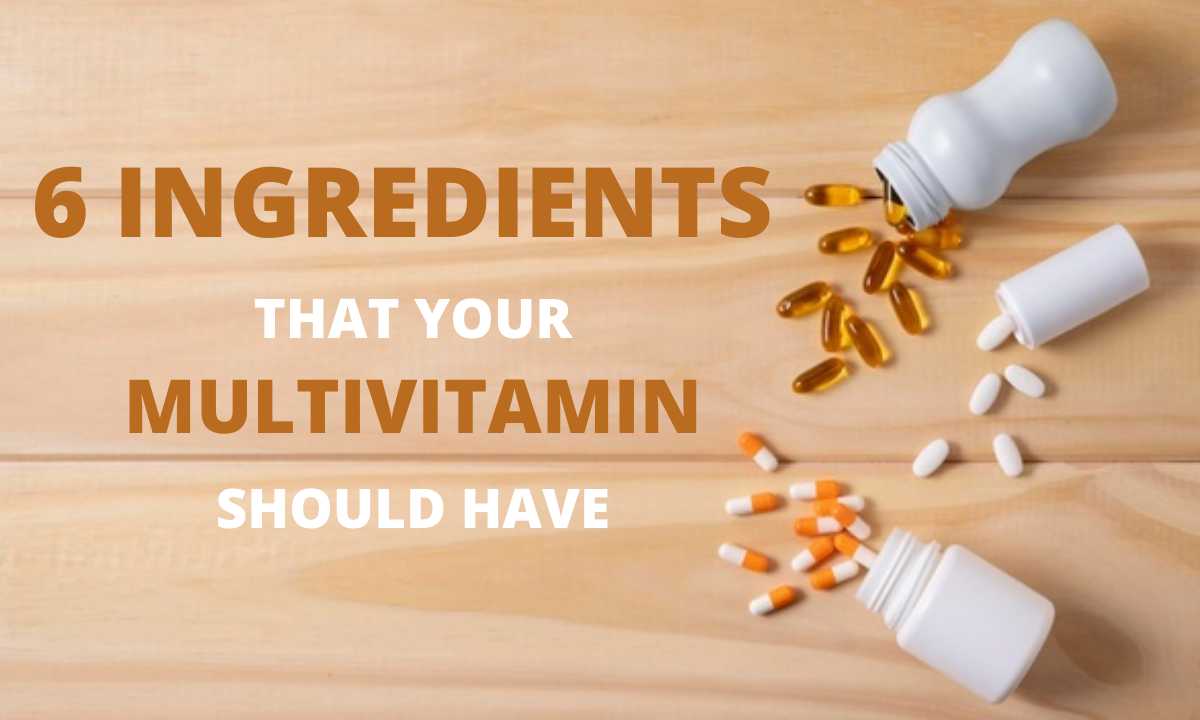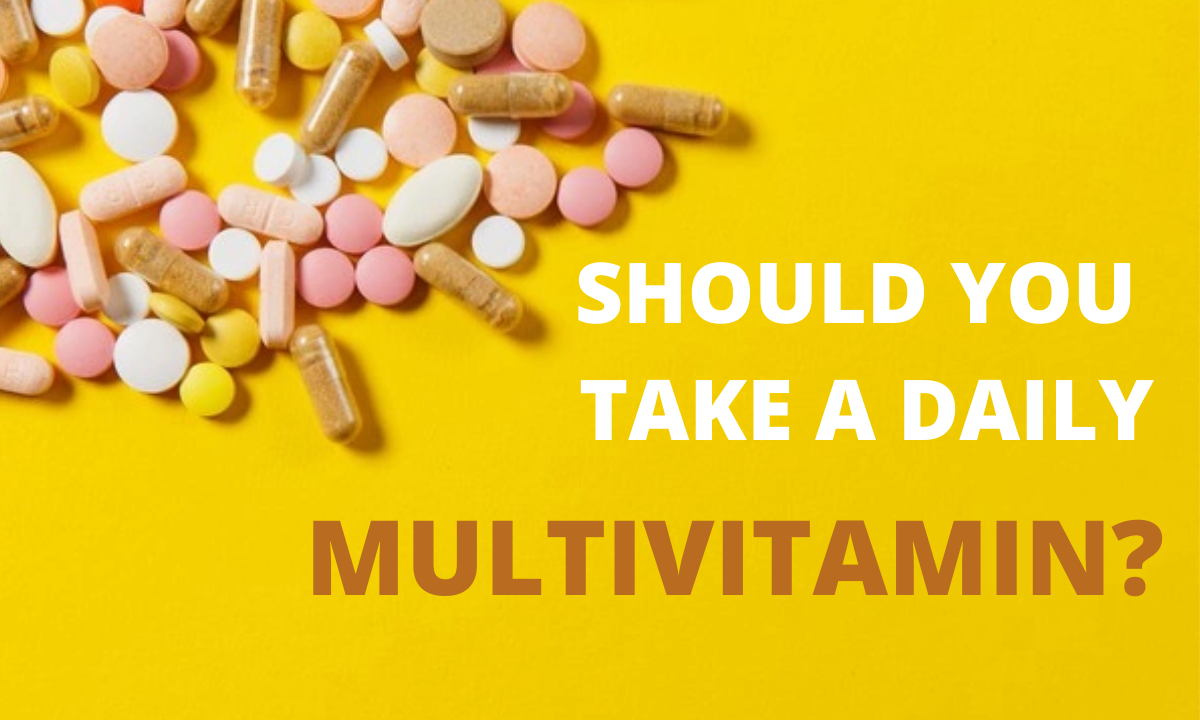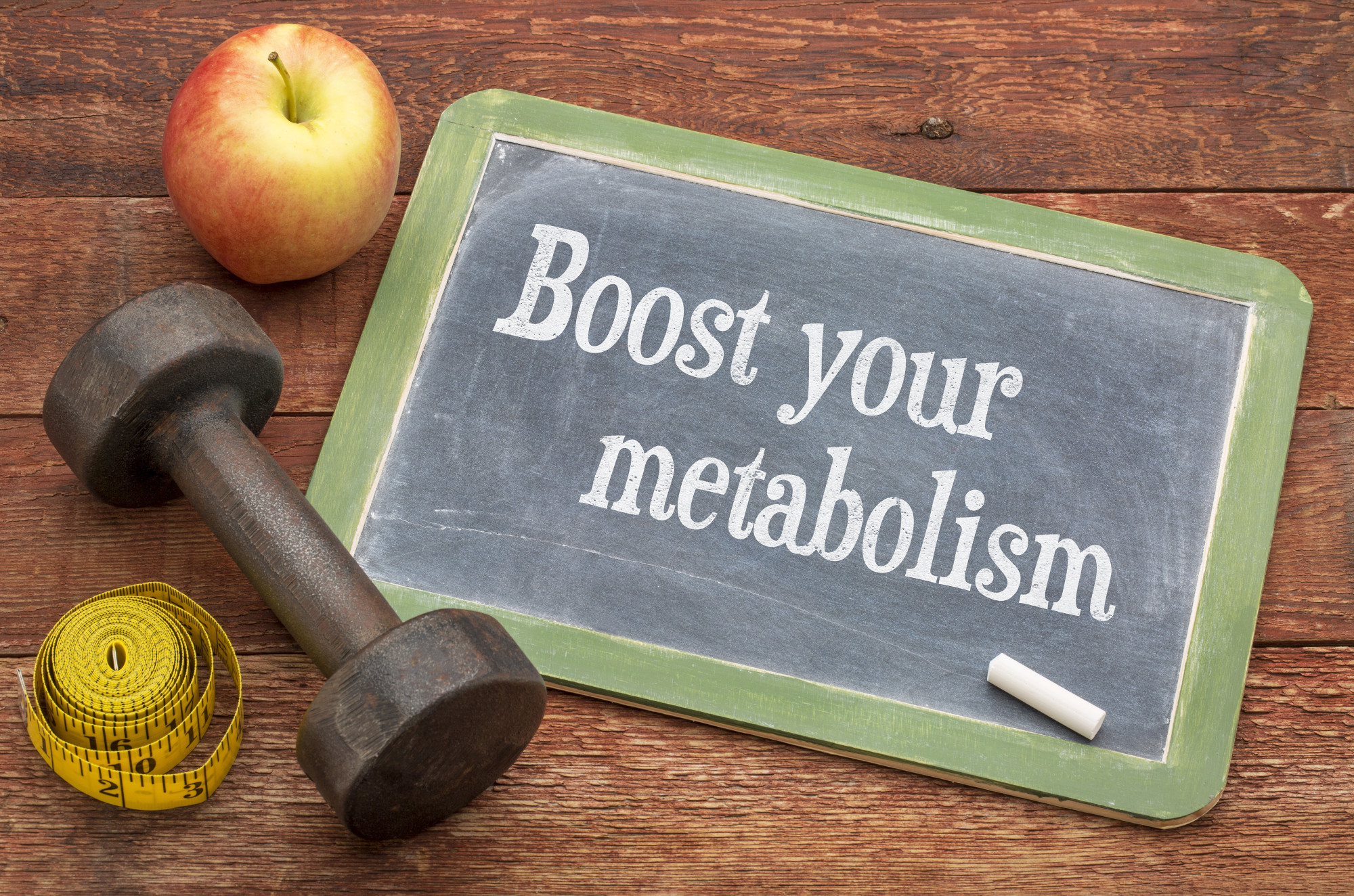What vitamins should I take?
Food & Fitness, General Health | July 11th | By J.S.Chang, RD

1 in 3 adults in Malaysia have used dietary supplements or vitamins at some point.
Let’s just start with that.
Needless to say, more and more people are health conscious than ever before. That’s probably due to the overwhelming knowledge made available to us.
But with excess of knowledge there comes a problem, what and who should we trust?
And should you even take them at all?
To answer this question, we will look at it from several point of views, including who should be taking them and what should they take.
Continue reading to find out!
So, do you need one?
Yes, and no.
No, if you are a very healthy person who can get almost all the needed nutrients from your diet alone.
And even if you do get them from your diet, are you sure the nutrients in the food itself is the same as that of 40 years ago? A study done back in 2003 showed that there has indeed been a significant mineral and nutrient loss in the foods over the course of 50 years. This is known as mineral depletion.
That aside, if you are not one of the healthy people, then chances are you are not really getting all the vitamins you need.
Getting vitamins is one thing, but taking the right one is the key.
And that brings us to our main topic: What vitamins should you take?
It largely depends on your needs that is based on your lifestyle and goals.
There’s not really a “One-size-fits-all” vitamin out there.
While some fits a person, it may not be the same for the other person.
Let me give you a few examples to further clear your mind.
1. Pregnant woman

When it comes to pregnant woman, there are a few things to take note of. Carrying another life inside you is no easy feat.
And because of that, they too have to take extra steps to make sure all is well for both the mother and the baby’s health.
Vitamins such as folic acid and iron can be particularly important for them.
Folic acid, one of the vitamin B, is needed to prevent a condition called neural tube defect (NTD) in foetus. It is usually taken 1 month before conception and then continued in the first trimester.
Iron, is another example. WHO had recommend that pregnant woman to take 30 to 60 mg of elemental iron to prevent conditions such as anemia, low birth weight or preterm birth.
These 2 are some examples that pregnant woman will need and not the average person.
Hence, it doesn’t make much sense if the average healthy person will also need to take them, right?
2. Working adults

For an adult who is working 9 to 5 or those working irregular shifts, they will have different needs essentially.
For those working 9 to 5, high chance they are doing office-related work, and those usually involves long-term use of electronics such as computers and smartphones. That also means that they are more exposed to the harmful blue light and will probably need a higher dose of lutein to protect their eyes.
Also, being constantly under stressful conditions is no good to our health.
They tend to induce all kinds of degenerative conditions in our body such as aging, certain metabolic diseases and so on.
So, it makes sense that they will need more to counteract the harmful effects of stress.
3. Elderly people

Getting older means the ability for your body to absorb or keep certain vitamins and minerals also become weaken.
Don’t worry, it happens to all of us.
But there are certain vitamins or supplements that might suit these people’s needs.
For example, ubiquinol can be beneficial for those who is aging because the body’s ability to produce them gets weaker as we age. They are known to keep our heart healthy and is an important part in maintaining our energy levels.
Vitamin D3 is also one of the vitamins where as you age, your body starts to absorb less of it.
4. Those with a restricted or limited diet

It may or may not be on purpose, but some people have a certain kind of diet which puts them with a higher risk of encountering deficiencies.
For example, a meat-lover.
They seldom consume fruits and veges, and that makes them missed out on lots of fiber and phytonutrients.
For them, spirulina might be a good choice as a vitamin as they contain a copious amount of nutrients in those green multi-organisms.
And without enough fiber, the good bacteria in their body won’t have enough food to thrive on which eventually effects their digestion. In this situation, probiotics will be your best bet to build up the healthy gut flora.
Am I having a risk of deficiency?
If for any reason should you wonder whether you lack of certain nutrients or vitamins, it’s best to visit your primary healthcare provider to have a detailed blood test and check it out.
You can always go here to have your current condition checked out to have an idea on what should you take.
Of course, we always recommend that you declare to us if you have any abnormal symptoms such as palpitations beforehand so that our medical professionals can make sure you get the personalized regime that you need!
RELATED POSTS
-04.webp)







